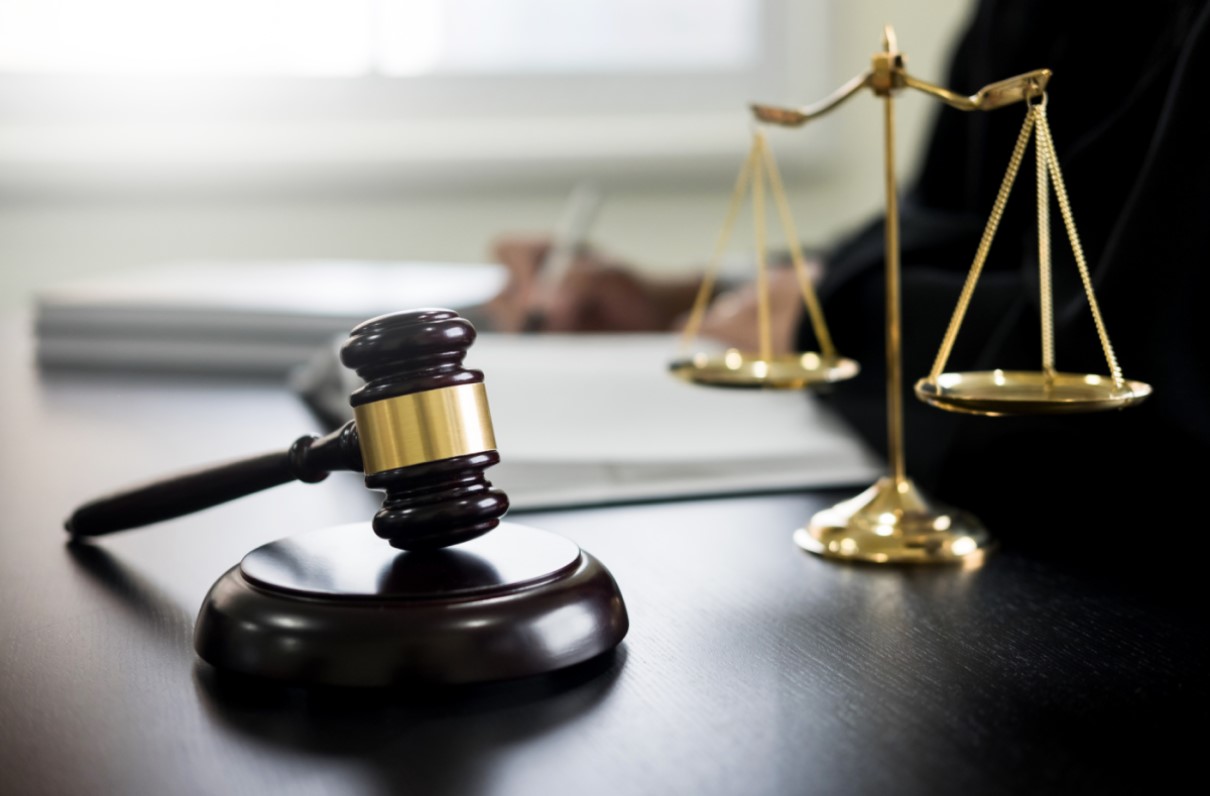Attitude is contagious in our military ranks, and one frustrating situation that continues to hurt the military culture of trust is the absence of justice for substantiated cases of sexual harassment.
The latest National Defense Authorization Act (NDAA) makes a positive step by requiring a report on a new article in the Uniform Code of Military Justice (UCMJ) to rapidly deal with harassment. The law requires the Defense Department to submit recommendations on implementation to the armed services committees in the House and Senate within 180 days of the NDAA’s passage.
[RELATED: President Signs NDAA: What the Law Includes, and What's Next]
Deterrence is essential to battling misconduct. When a bad actor is in your formation, and their presence lingers with no apparent repercussion, it erodes the culture of trust, destroys faith in the chain of command, and does not deter further violations.
Sen. Martha McSally, an Air Force veteran, has successfully championed these improvements.
“Currently, sexual harassment isn’t criminalized under the Uniform Code of Military Justice (UCMJ) which allows this despicable behavior to fester within the ranks,” McSally (R-Ariz.) said. “Seventeen of 18 of my provisions to combat military sexual assault were incorporated into the annual defense bill with broad bipartisan support, including a provision to define sexual harassment in the UCMJ. Empowering commanders to specifically hold servicemembers accountable for sexual harassment underscores the zero tolerance culture we need and allows us to measure and track the magnitude of the problem. I’m grateful to see it included with my other initiatives to change the tide of sexual harassment and assault in our military.”
[RELATED: MOAA Named One of The Hill’s Top Lobbyists for 2019]
Rep. Chrissy Houlahan, also an Air Force veteran, is working to improve bystander intervention and reporting critical to improving the culture of trust.
“As a fellow Air Force veteran, I’m grateful for Senator McSally’s leadership on this critical issue,” said Houlahan (D-Pa.). “It is our duty to stand up for survivors and ensure our Armed Forces are safe and welcoming environments. I passed legislation through the NDAA that would require the Secretary of Defense to explore the feasibility of establishing legal requirements for bystanders that witness sexual misconduct. I am proud to be working with Senator McSally and the other women veterans in Congress on the issues that directly affect our servicewomen and women veterans.”
Why is this problem getting worse?
The NDAA contains several provisions regarding the prevention of sexual assault and harassment in the services, as well as means to actively address substantiated misconduct, and provide victim aid and assistance. Previous legislation that mandated ineffective training and increased the bureaucracy of lengthy investigations has arguably made the problem worse. Sexual harassment incident rates have moved in the wrong direction despite countless academic studies and attempts to train ourselves out of this problem.
Servicemembers know “talk is cheap” and deterrence through swift justice is always better than mandatory prevention training that is only PowerPoint deep.
MOAA fully supports the effort to reduce the toxic incidents of sexual harassment and assault, as well as improved deterrence measures. The NDAA also includes provisions requiring faster investigations of sexual assault, and it requests a report from DoD on expansion of the Air Force’s Safe to Report policy across all services to offer protection for those making a report.
Arming commanders with deterrence measures to rapidly take appropriate action and foster a culture of trust is critical in the personnel arena. Retaining our highly qualified servicemembers is critical to national security. The comprehensive legislation in the NDAA is a great step forward.



